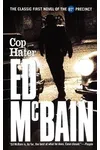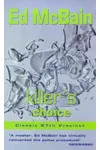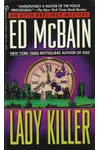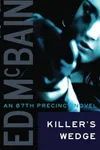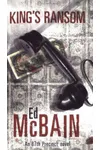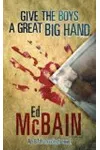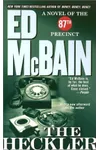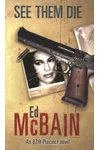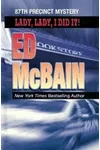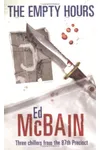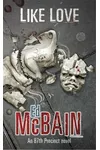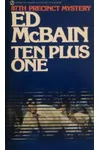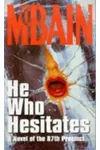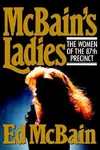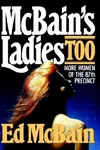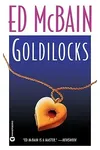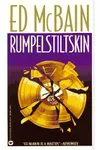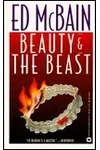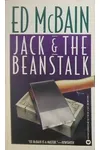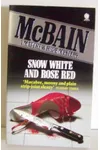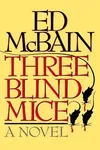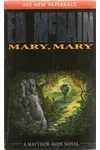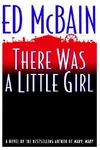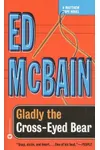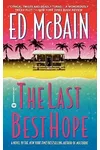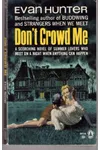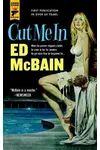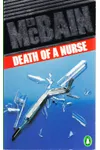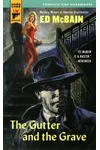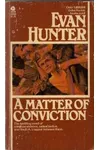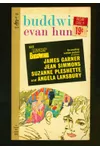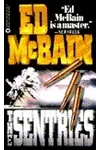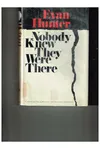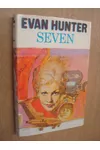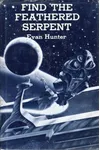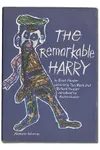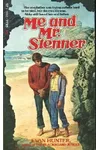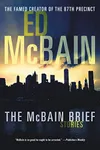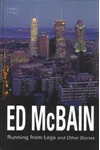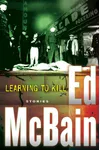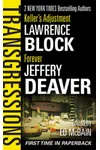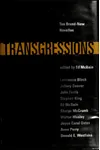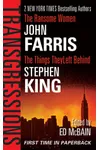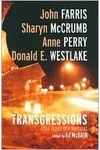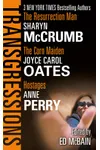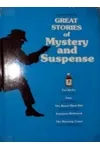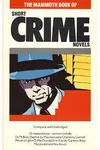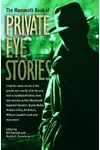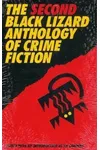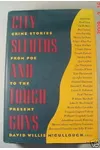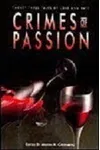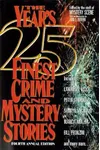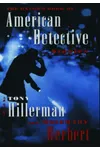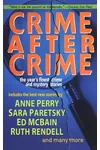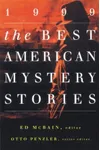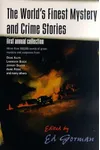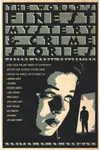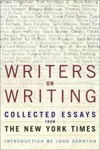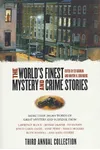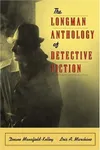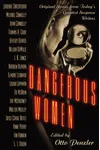Picture a New York storyteller who turned gritty police work into gripping page-turners—meet Ed McBain! Born Salvatore Albert Lombino in 1926, he became a literary legend under his pseudonym, revolutionizing crime fiction with his iconic 87th Precinct series. With a knack for blending suspense with heart, McBain’s tales of detectives in a fictional city captivated millions and reshaped the police procedural genre.
From his humble beginnings in Italian Harlem to global acclaim, McBain’s journey is as thrilling as his novels. Let’s dive into the life, works, and lasting legacy of this crime fiction maestro!
The Making of Ed McBain
Salvatore Lombino grew up in New York City, soaking in the vibrant chaos of East Harlem until his family moved to the Bronx at age 12. His artistic talent earned him a scholarship to Cooper Union, but World War II called, and he served in the U.S. Navy, where he began writing. After the war, he graduated from Hunter College and took odd jobs—playing piano in a jazz band, teaching, and working at a literary agency. In 1952, he legally became Evan Hunter, believing it would boost his career. His first big break came with The Blackboard Jungle (1954), a raw novel about inner-city schools that became a hit film.
But it was as Ed McBain, starting with Cop Hater in 1956, that he found his true calling. Inspired by New York’s bustling streets and the real-life grind of police work, he created the 87th Precinct, a fictional squad that felt vividly real.
Ed McBain’s Unforgettable Stories
McBain’s 87th Precinct series, spanning 55 novels from 1956 to 2005, is the heart of his legacy. Set in Isola, a stand-in for New York City, the series follows a diverse detective squad led by Steve Carella, a tough yet tender cop. Cop Hater (1956) introduced this world, with its taut plot about a detective hunting a cop-killer. The Pusher (1956) tackled drug crime with gritty realism, while King’s Ransom (1959) inspired Akira Kurosawa’s film High and Low. Later, Fiddlers (2005), his final novel, showcased his enduring skill.
McBain’s style was cinematic—think sharp dialogue, vivid settings, and ensemble casts. Unlike lone-wolf detectives, his squad worked as a team, reflecting real police dynamics. He wove humor, heart, and social commentary into his plots, making readers care about both the crimes and the cops. Beyond the 87th Precinct, he wrote the Matthew Hope series and, as Evan Hunter, penned screenplays like Alfred Hitchcock’s The Birds (1963).
His research was meticulous, often shadowing NYPD officers to nail the details, but he set his stories in a fictional city to avoid being boxed in by real-world rules. This freedom let him craft timeless, universal tales that still resonate.
Why Ed McBain Matters
Ed McBain didn’t just write crime novels—he reinvented the police procedural. His 87th Precinct series inspired TV shows like Hill Street Blues and NYPD Blue, setting the template for ensemble cop dramas. With over 100 million books sold, his influence spans generations, earning him the Mystery Writers of America’s Grand Master Award and the British Crime Writers’ Association’s Diamond Dagger.
McBain’s ability to humanize cops while tackling urban issues—race, poverty, addiction—made his work both entertaining and thought-provoking. His stories endure because they capture the messy, human side of justice, proving crime fiction can be both thrilling and profound.
- Born: October 15, 1926, New York City
- Key Works: Cop Hater, The Pusher, King’s Ransom, Fiddlers
- Awards: Grand Master Award (1986), Diamond Dagger (1998)
- Pseudonyms: Ed McBain, Evan Hunter, Richard Marsten, and more
Snag Cop Hater and dive into Ed McBain’s thrilling world of crime and camaraderie—you’ll be hooked!
